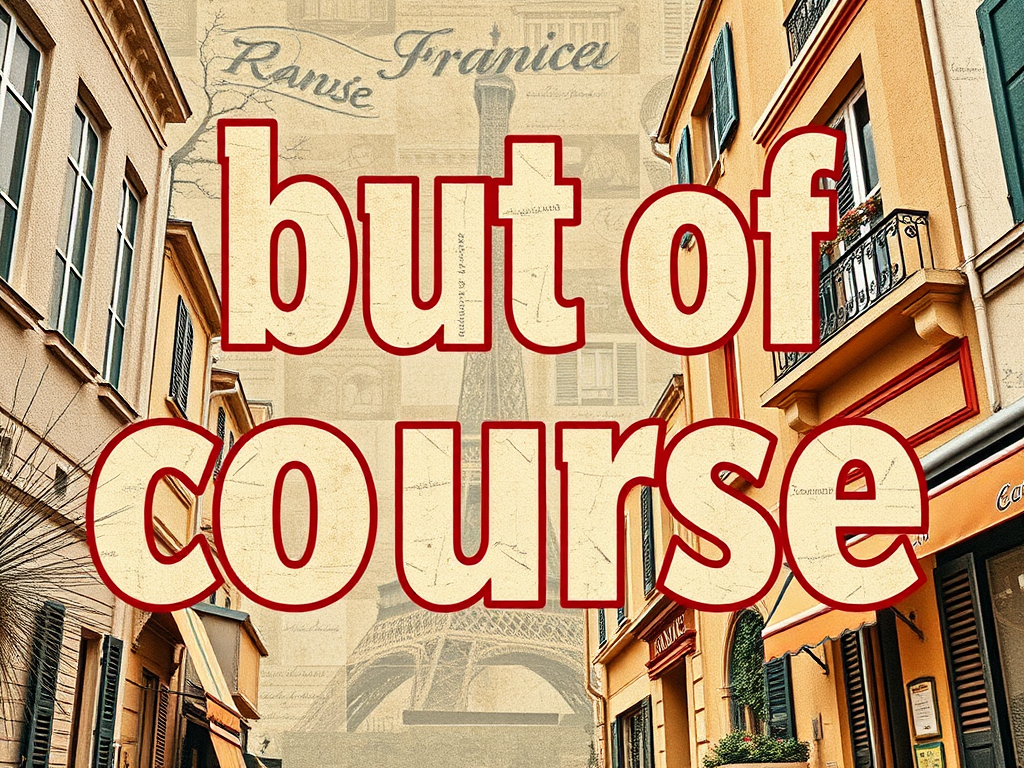Santa claus in French

Table of contents
In French, Santa Claus is most commonly referred to as Père Noël, which literally translates to "Father Christmas." This is the standard and widely used term across all French-speaking countries and regions. There's no distinction between formal and informal versions of this term, as it's universally accepted and used by both children and adults alike.
The French Santa Claus
The concept of Santa Claus in French culture is quite similar to that in English-speaking countries. However, there are a few interesting variations and additional terms worth noting:
- Père Noël - The primary term used for Santa Claus
- Saint Nicolas - Saint Nicholas, sometimes used interchangeably with Père Noël
- Papa Noël - A more affectionate term, often used by young children
Here's a handy table for quick reference:
| English | French | Pronunciation (IPA) |
|---|---|---|
| Santa Claus | Père Noël | /pɛʁ nɔ.ɛl/ |
| Father Christmas | Père Noël | /pɛʁ nɔ.ɛl/ |
| Saint Nicholas | Saint Nicolas | /sɛ̃ ni.kɔ.la/ |
Usage in Context
When talking about Christmas in French, you'll often hear phrases like:
- Le Père Noël apporte des cadeaux aux enfants sages. (Santa Claus brings gifts to good children.) 🎁
- As-tu écrit ta lettre au Père Noël ? (Have you written your letter to Santa Claus?) ✉️
- J'ai vu le Père Noël au centre commercial ! (I saw Santa Claus at the mall!) 🎅
It's worth noting that in some parts of France and other French-speaking regions, Saint Nicolas is celebrated on December 6th, separately from Christmas. In these areas, you might hear both terms used during the holiday season, with Saint Nicolas being associated with the earlier celebration and Père Noël with Christmas itself.
Remember, whether you're writing to Santa or talking about him in French, using Père Noël will ensure you're understood by French speakers everywhere. Joyeux Noël! 🎄






